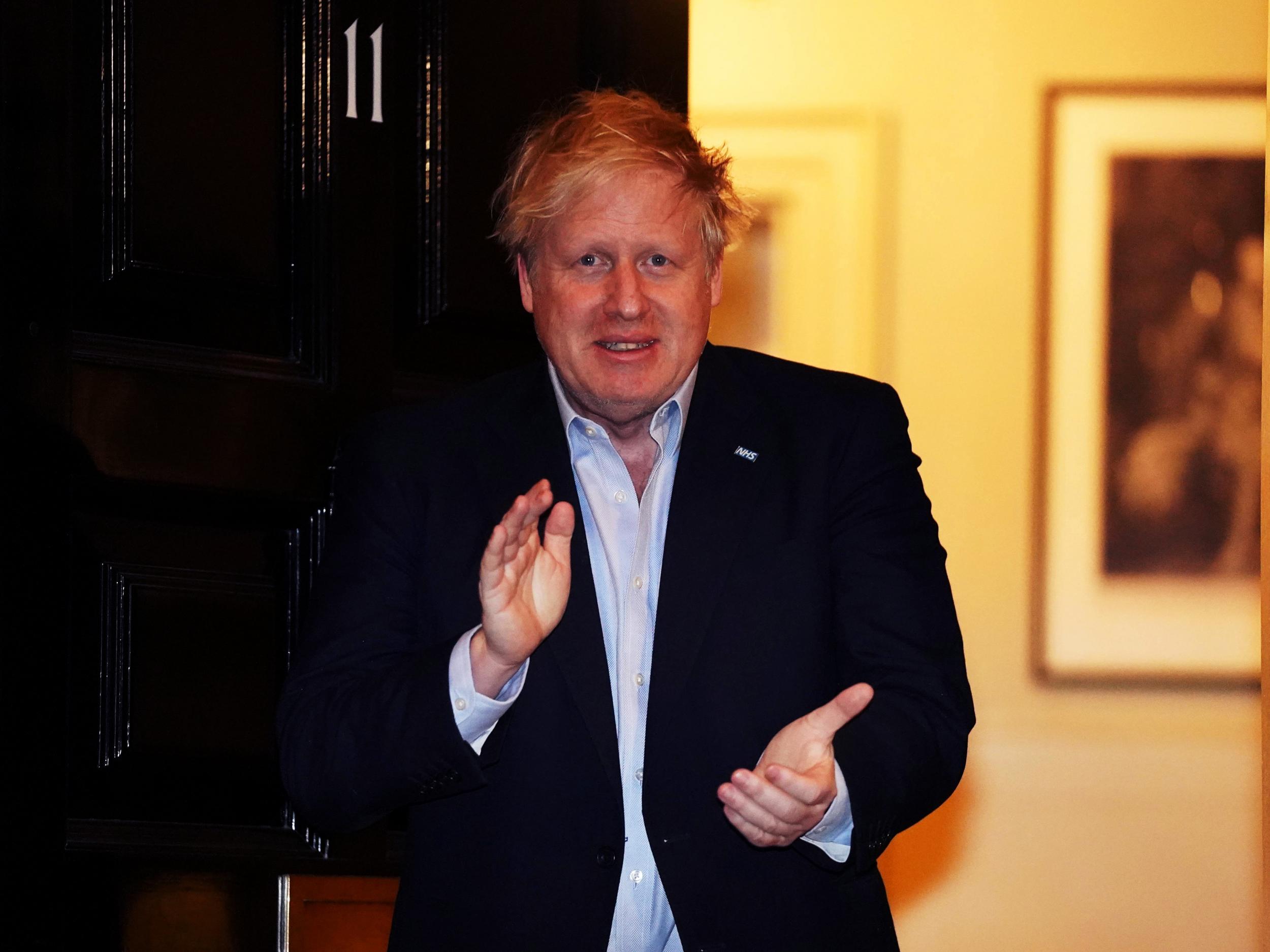We cannot wait for a full public inquiry on the mistakes government made over coronavirus
Editorial: All governments have to learn on the job, and this one needs all the help it can get to learn faster

The government must be held to account. There is growing evidence that it delayed its response to the Covid-19 pandemic, probably resulting in more deaths in the UK than would otherwise have been the case. It is possible that there were sound scientific reasons for such a delay, and that they were advised to do so. But it is also possible that they ignored advice – with disastrous consequences. The public needs to know.
One of the ways in which democracies distinguish themselves from autocratic regimes is that when at all possible they reach decisions in an open way. There will always be a few instances where the national interest overrides disclosure and secrecy can be justified. This is clearly not such a case.
This is a moral issue, of course, but it is also a profoundly practical one. There will, sadly, be other similar challenges that UK governments will have to face, and we need to learn from this experience how to respond more effectively then they strike. We also need to learn from other countries – not only how to minimise the damage from this virus but also how to restart the economy in a safe and balanced way.
The more we are open about the mistakes we made in closing down the economy, the more likely we are to make fewer mistakes when we open it back up.
So how should we challenge the government’s decisions in the most constructive way? We are still in the middle of the emergency and it would be unreasonable and unhelpful to have an immediate full-scale judicial inquiry. Eventually that will have to happen, and there is an established procedure as to how this should be done. A decision will have to be taken as to whether this should be a statutory inquiry under the Inquiries Act of 2005 (and its predecessors) or whether it should be a non-statutory inquiry, which in practice would be a more flexible response.
Whatever choice is made, this will take time. Pubic inquiries of this order typically take two years to conclude. The Iraq inquiry took seven. More immediate action is needed.
The sensible thing to do would be to have a swift review of the decisions that have been made, which could be carried out in a matter of weeks and with immediate recommendations. The aim here would not be to apportion blame. It would be to discover what has gone right in the process and what has gone wrong.
The best analogy is what happens in aviation after air accidents. When a plane crashes there is an immediate investigation to try to understand – in an open and orderly way – why it did so and what (if any) immediate action should be taken. What are the short-term lessons for everyone who might find themselves in other similar situations? In the most extreme cases, should that model of plane be grounded until more is known? The longer-term lessons come later.
We cannot “ground” Covid-19 – would that we could. What we can do is to review how the government has tackled this extraordinarily difficult situation, and advise on what it can learn when managing the recovery.
All governments to some extent have to learn on the job. This one needs all the help it can get to learn faster.
Join our commenting forum
Join thought-provoking conversations, follow other Independent readers and see their replies
Comments